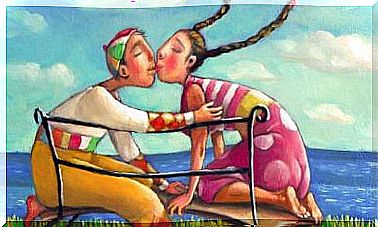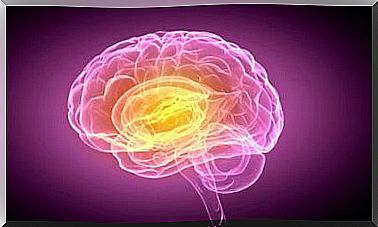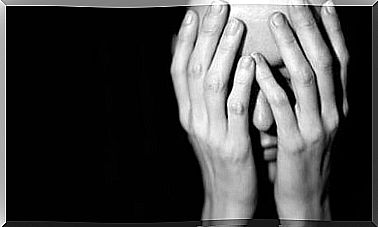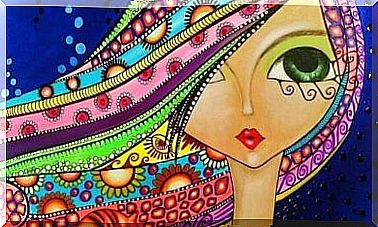When The Only Way Out Is To Live
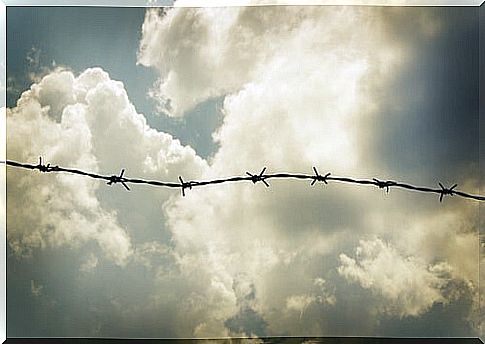
Rarely do we stop to think how tremendously rich the concept of “living” is in terms of emotions, thoughts and options that it contains in itself. At the very least, in a single day we have the possibility to get angry, motivate, rejoice, sadden, love, be loved, go, return, do and undo. And the choice to choose many other options.
This may seem a bit obvious. But we may not have realized that living has two crucial meanings. ” Live ” understood as “continue living” or “stay alive.” It is something so basic that we do not even notice it.
In fact, much of the world’s population wakes up and goes to bed with this dilemma every day. The question of whether tomorrow they will let him continue living or not. And not precisely by choice; but because of hunger, poverty, terminal illnesses, and of course, war. The large number of risks and circumstances that threaten these people and that they cannot control make them think about the meaning of being alive every day.
The dilemma of living
Let’s take a more or less current example to illustrate this statement. Let’s focus on the Syrian civil war. Broadly speaking, as of 2019, more than 8 years have passed since Syrian civilian citizens began to die indiscriminately. To date, there are already more than 370,000 lives torn apart.
Although our sensitivity may be somewhat blocked due to the barrage of similar news that we encounter daily, the impact of these deaths socially is a monstrous impact at all levels. It would be impossible to summarize in words the scope of the changes suffered by the surviving victims of the conflict.
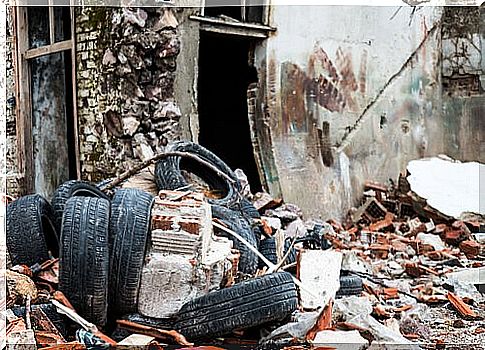
Even so, all these changes go through the same dilemma of uncertainty: to live or not to live. Will I still be alive tonight? Will I live to see my daughter grow up? Logical, humane and even necessary questions in a situation in which 512 bombs a day have been dropped at an irregular rate on a single town.
Well. For against all odds, survivors tirelessly fight to stay mentally and physically alive. And not only that, but the survivors find a way to make “meaning” (if possible) to the conflict, taking part in it.
They do it in various ways. Abandoning their homes to embark on emigration, fighting in the resistance with few guarantees, or through social support work for needy groups (business creation workshops for women who have never worked, medical care work in hospitals, information and documentation, etc.)
They stay alert, but are externally shattered. They fight to support their families. And as I inform myself and get closer to this reality, a question resonates more and more strongly in my mind. How is it possible that they get it? That they do not faint? What is your mental strength based on?
How is it possible to live?
social feeling of union in the face of adversity. It could also be explained by the plastic capacity of the human being to normalize things that are clearly impossible to normalize, such as death.
All these options taken from psychology, and many more not offered here, could be valid, in principle, to begin to understand how the mind of a person who is in this type of situation works. But there is something that directly implicates them in that situation, as humans and living beings: the absence of any other option apart from living.
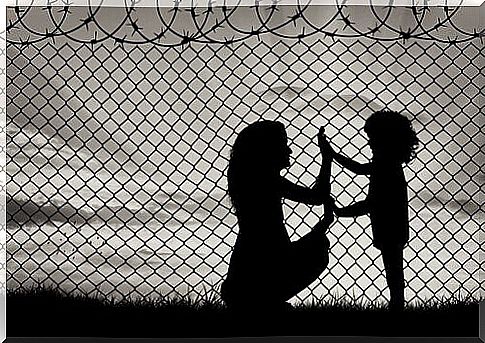
Why do we say they have no choice? When we say they have no choice, we mean that humanly, human nature pushes them toward survival. Towards the optimal use of mental and physical resources. Towards the struggle and the search for meaning. We have seen this example of no choice in many examples of survivors who have recounted their experiences, with authors and psychoanalysts Viktor Frankl, Erich Fromm or Boris Cyrulnik among them.
Something in common: human nature
We all share it. It is that nature that makes it possible to feel fear, be resilient, normalize, fight or escape. It is the same that makes our days so rich in emotions, thoughts and options. But, above all, it is about the one that pushes us to live.
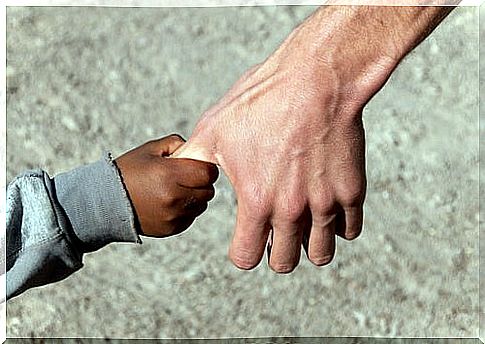
We can live alienated, locked in an information bubble from which we do not want to get out for fear of seeing what is beyond. We can decide to do nothing about this conflict, or to do everything.
But always, ultimately, we will have the infallible resource of our humanity. To look at the world with the eyes of a human. To feel like a human. And above all, to learn like a human. Learn, if we are not capable, if there is no more way out. If everything seems lost, we will always have the option to live.
